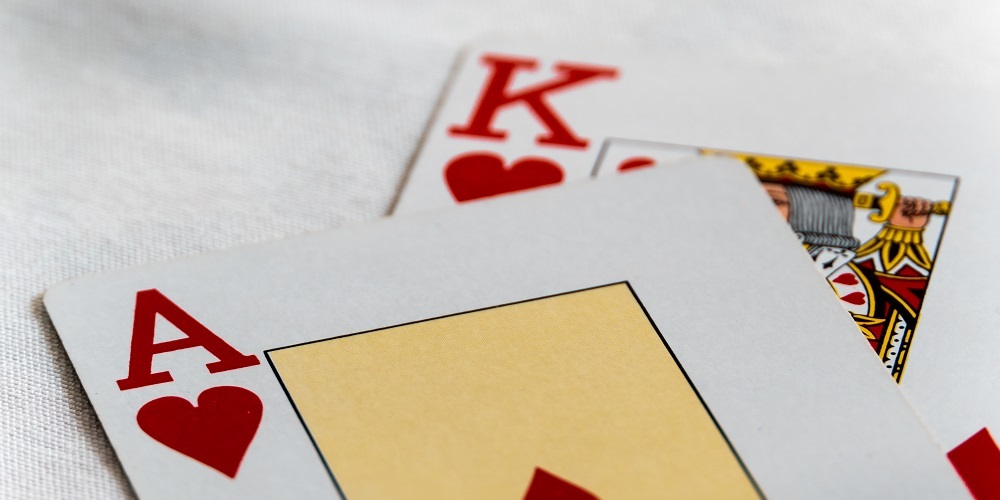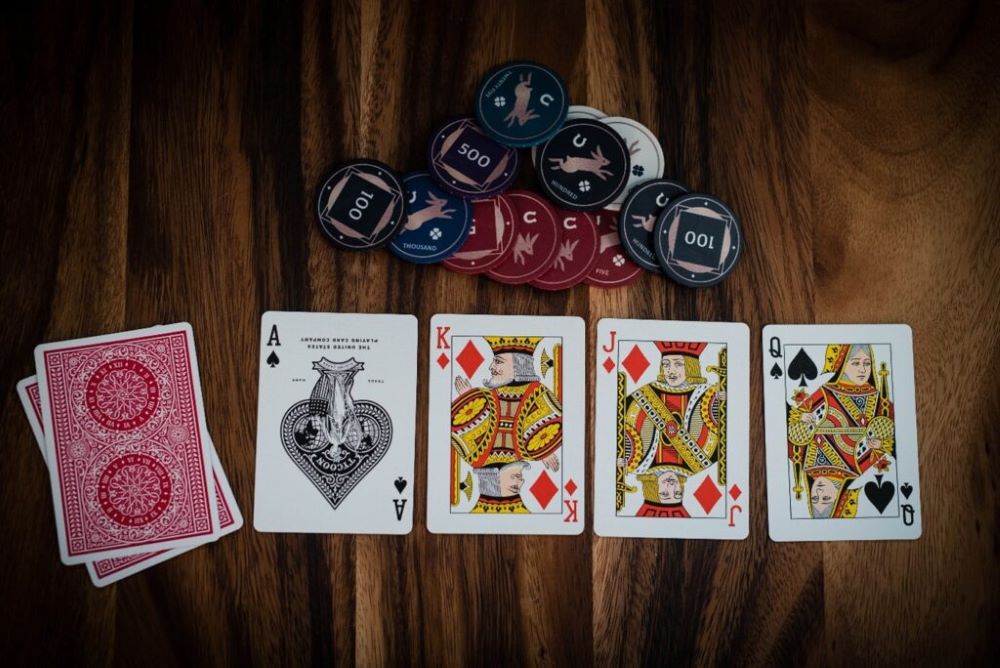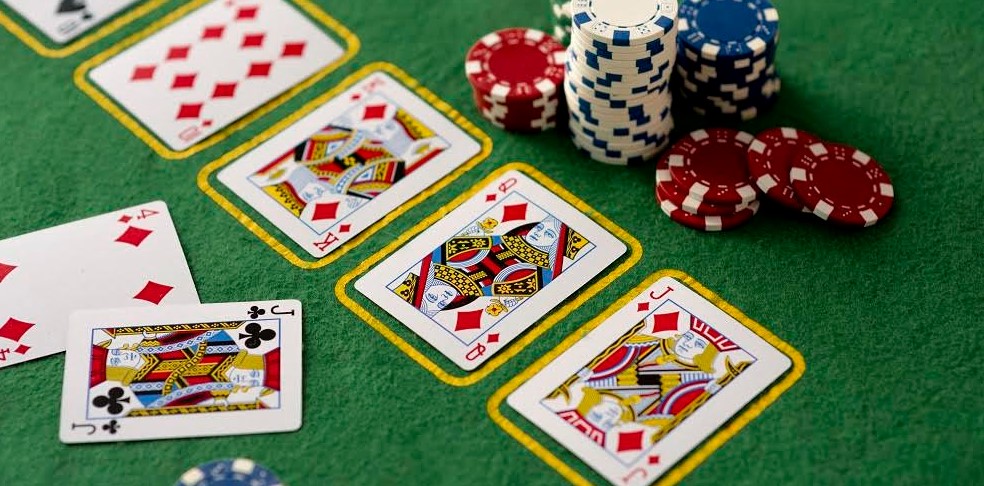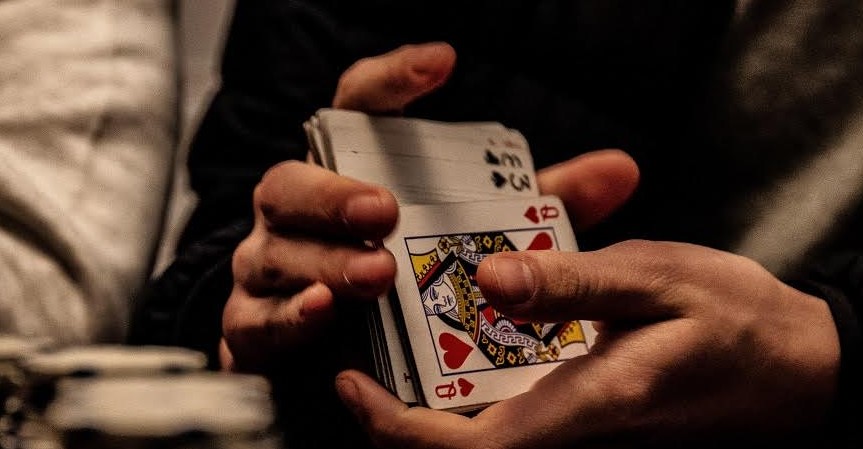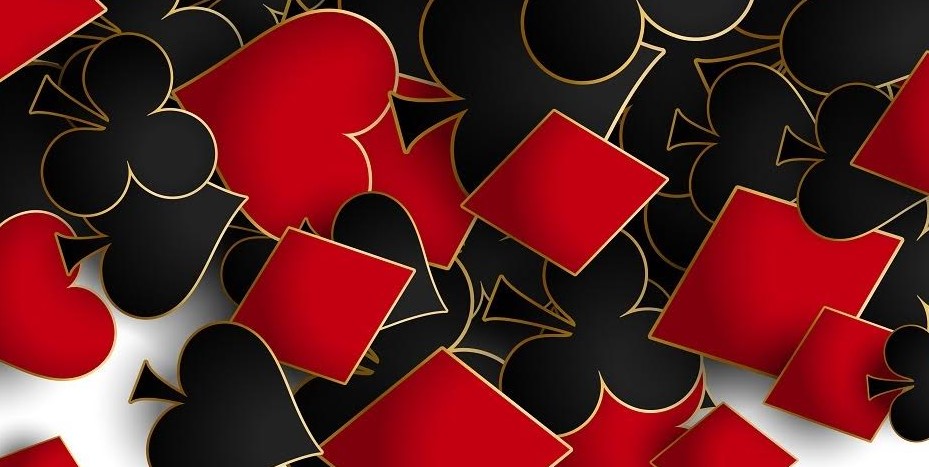Broadly speaking, there are two types of poker tournaments: spin tournaments and multi-table tournaments. In the former, high-speed games are played in which participants wager cash money. In MTT or multi-table tournaments, the game is played with a point system that replaces cash money, but maintains all the strategic essence.
Next, we are going to make a brief review of the main characteristics of these competitions, as well as of the different poker variants you can play when you are registered in a tournament. Keep in mind that playing different types of poker involves mastering the game. Versatility is not required, but specialization.
What different types of poker exist?
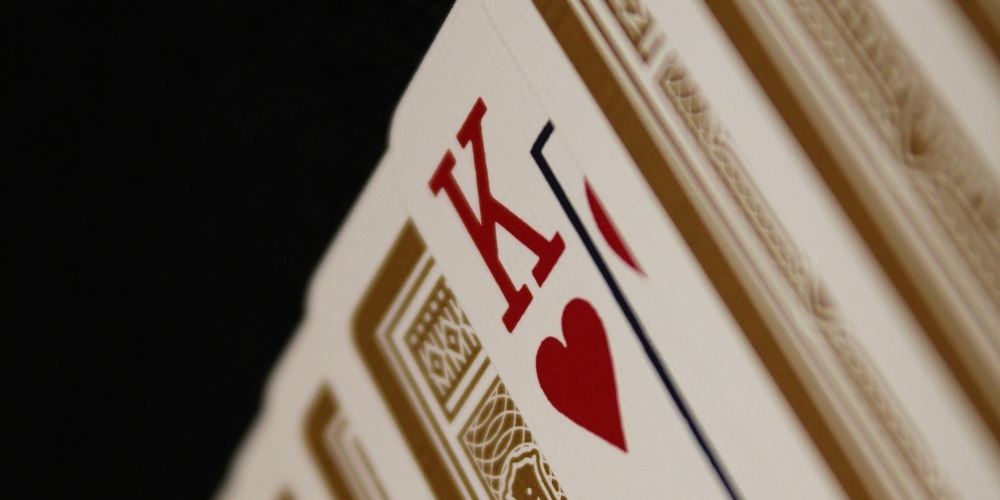
Players who want to know what types of poker they can play in a tournament may be looking for either the type of tournament it has available, or the type of mode that can be played in it. In any case, we are going to give you a hand so that you have a global vision of what a poker tournament can offer you, and the types of poker that you can play in it.
- Spin tournaments. They are high speed competitions, with a lot of action and where multipliers can be applied that can enlarge the pot in a colossal way. It requires a lot of adaptability and concentration. Normally, only 3 players can participate per round in order to maintain the frenetic level that characterizes spin games.
- MTT tournaments. Multi-table tournaments are a different alternative. They are tournaments where each player can open play at different tables at the same time. Although the pace is not their strong point, it is a competition where diversifying hands is the basis and where you have to adapt to the game of each table in order to have a chance to climb.
This is a broad outline, but it is useful to know how they approach the game in each poker platform to know how the way of approaching the competition changes. Keep in mind that almost all platforms dedicated to organizing poker tournaments can introduce their own particularities to the tournament to make it distinctive, fresh and unique.
What happens in a spin tournament
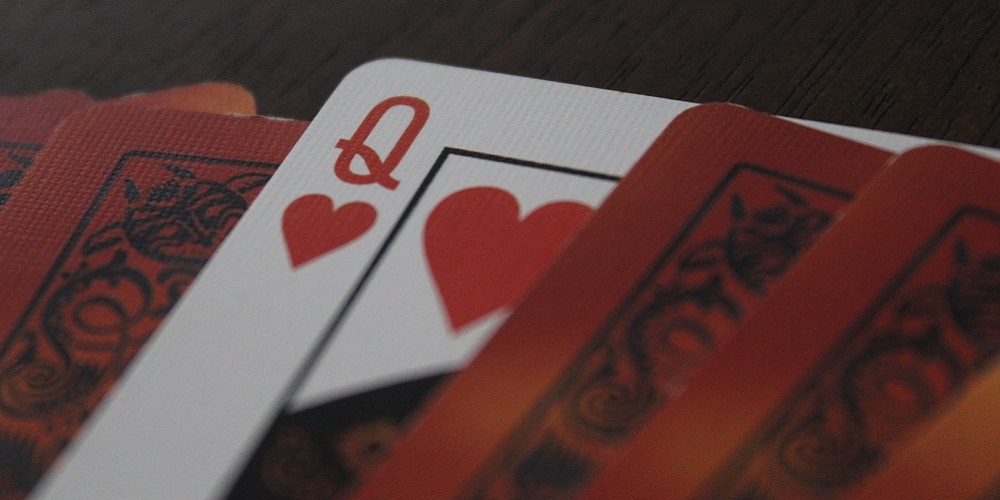
In spin tournaments it is important to be agile with the strategies. Not because you change tables quickly, as in MTTs, but because the appearance of multipliers can change everything. The game accelerates as time goes by, but as soon as there is an opportunity to hunt it, the rivals will go after it like lions. And it’s not just the boldest who wins here, but also the fastest. That’s why a very high level of concentration is required.
There are also spin tournaments in turbo mode. They differ in that the blinds go up in half the time of a standard spin, and this happens regardless of the mode.
For this reason, registration in spin tournaments usually requires a mastery of the modality to be played. Because the pace of the competition is high, and if to this is added that the multiplier can win the winner a large amount of prize money, knowing how to play well is essential so that speed is not a handicap.
Most popular poker variants
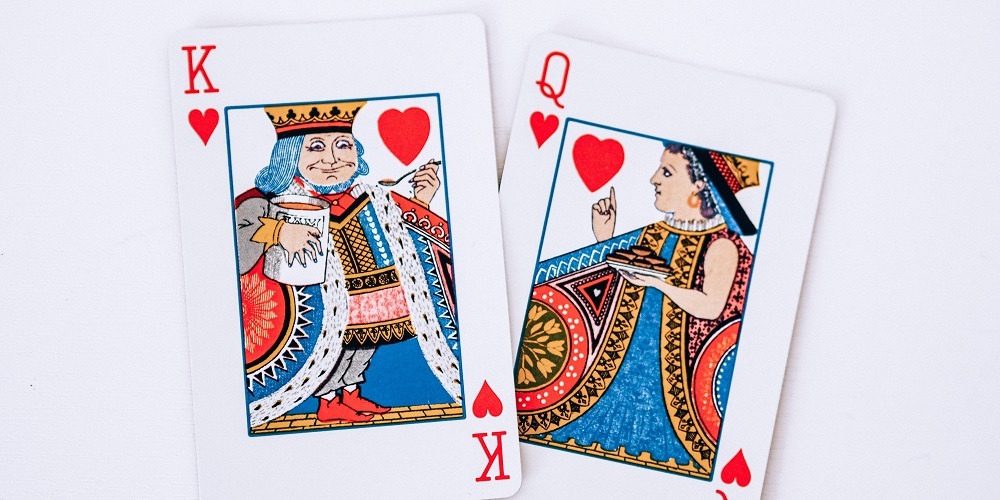
When you sign up for a poker tournament, you should pay attention not only to the type of tournament you are going to play, but also to the poker game and the types you are going to participate. The most popular poker variants are Texas Hold’em and Omaha (PLO, Omaha Hi / Lo…), but there are also tables dedicated to 7 Stud, Open Face Chinese… The question is to make sure that the game offer includes the poker modality you want to play. The fact that there are different types of poker is not a bad thing, but it doesn’t mean that you have to play in all of them.
Texas Hold’em and Omaha poker differ in the way they use the cards to form the best hand. In the Texas variant, players receive two cards of their own and the community cards appear in a staggered manner, just after the preflop betting round. The flop leaves 3 community cards face up; then the turn leaves one more face up, and the river is the fifth and last card.
The hands formed in Texas Hold’em are self-conclusive, that is, they have the strength that the combination itself gives them, and are not a means to any end.
In Omaha poker, on the other hand, things are different. This modality requires the use of a predetermined proportion of player and community cards for the hand to be considered good. And special attention must be paid to the range of starting hands, because in Omaha it is vital that the starting hands are strong, but not to keep them as they are until the end of the round, but to link new projects.
Other game modalities can also be found in these tournaments, such as Open Face Chinese, although they are a minority and the offer of tournaments for this type of variants is more restrictive.

